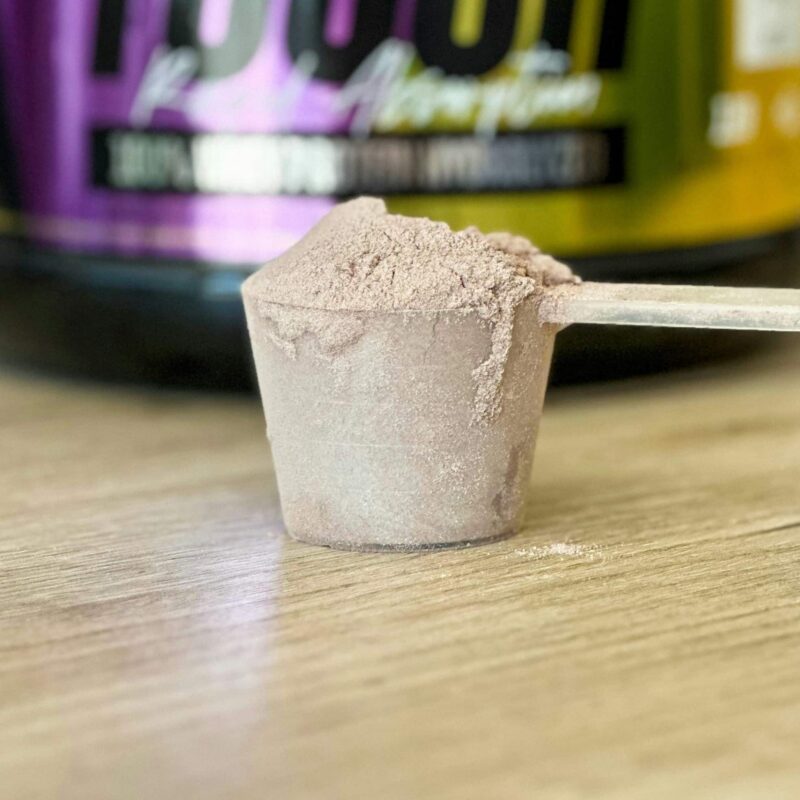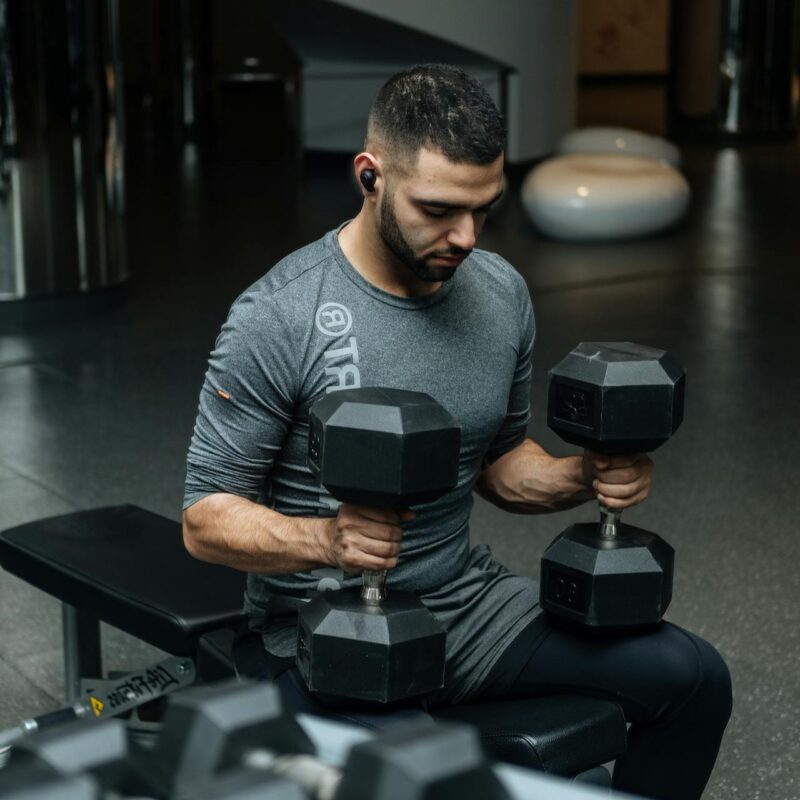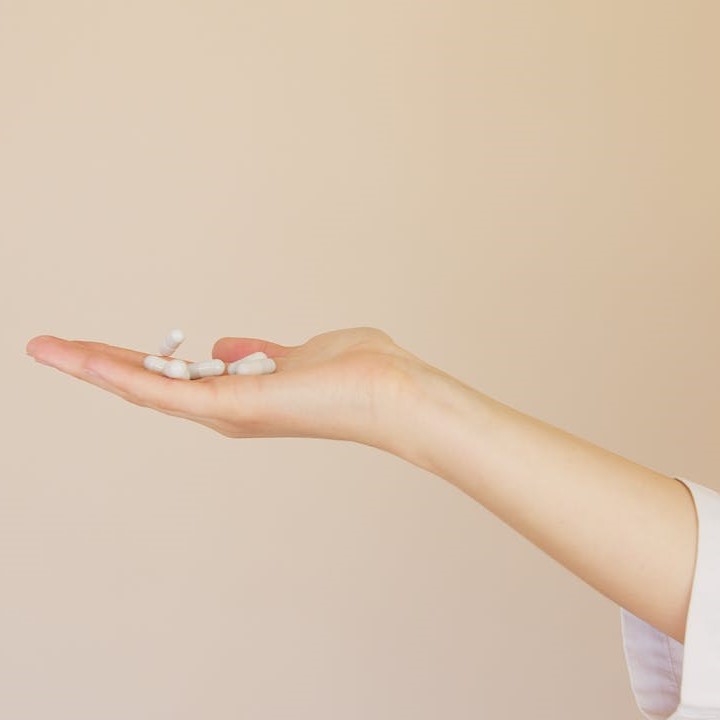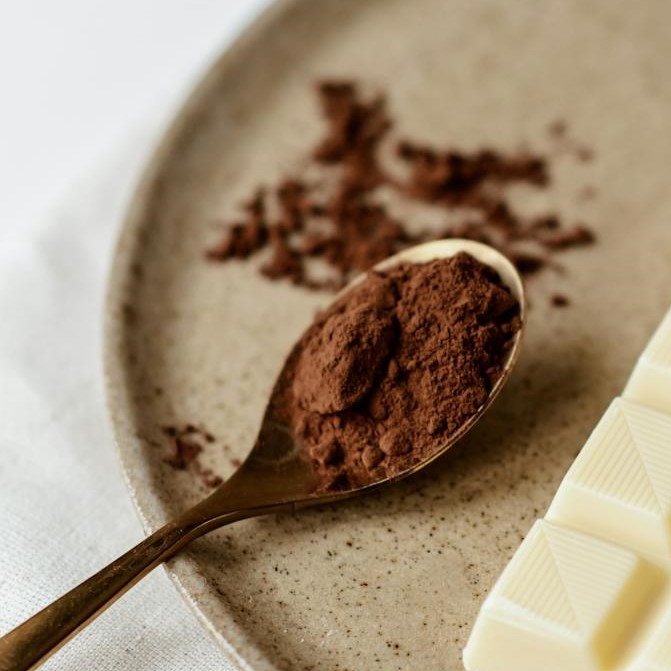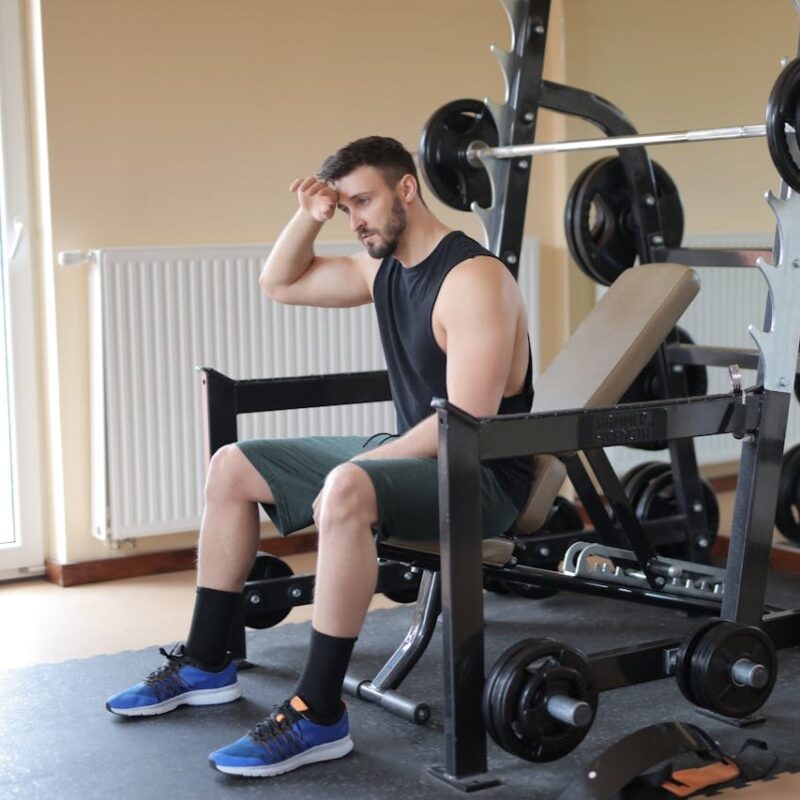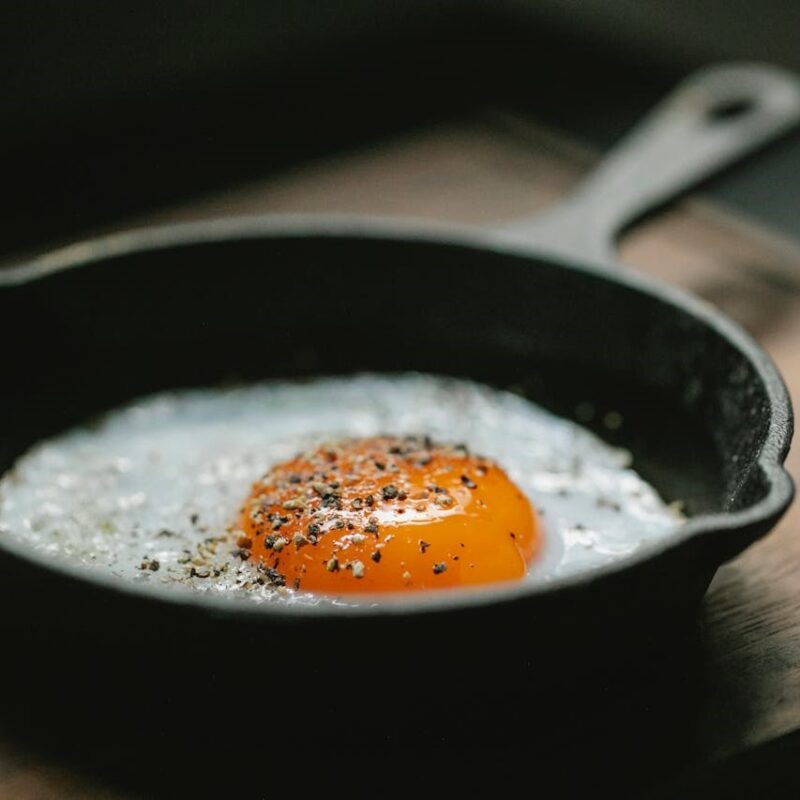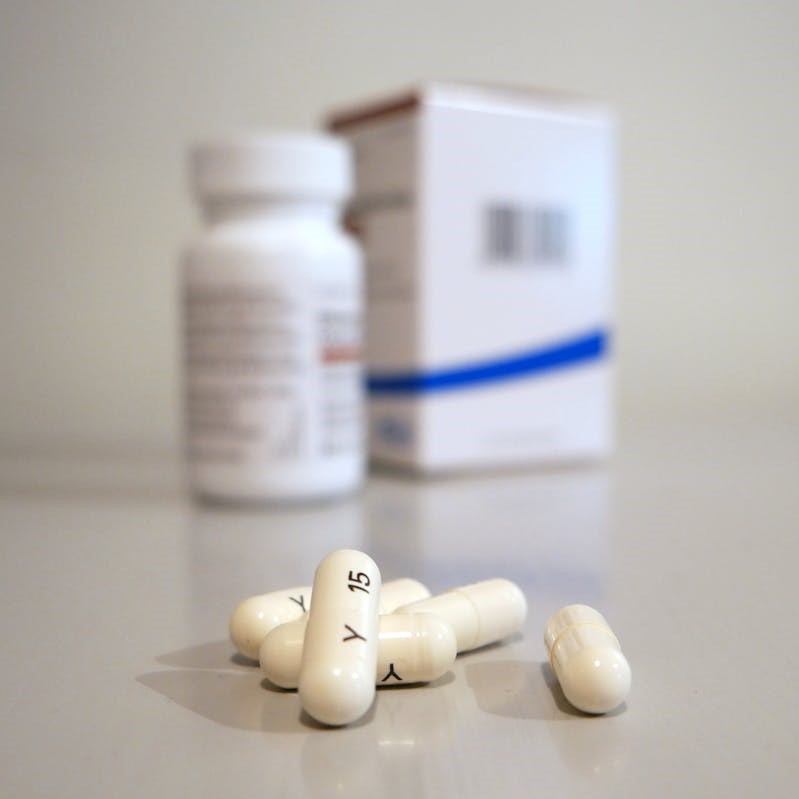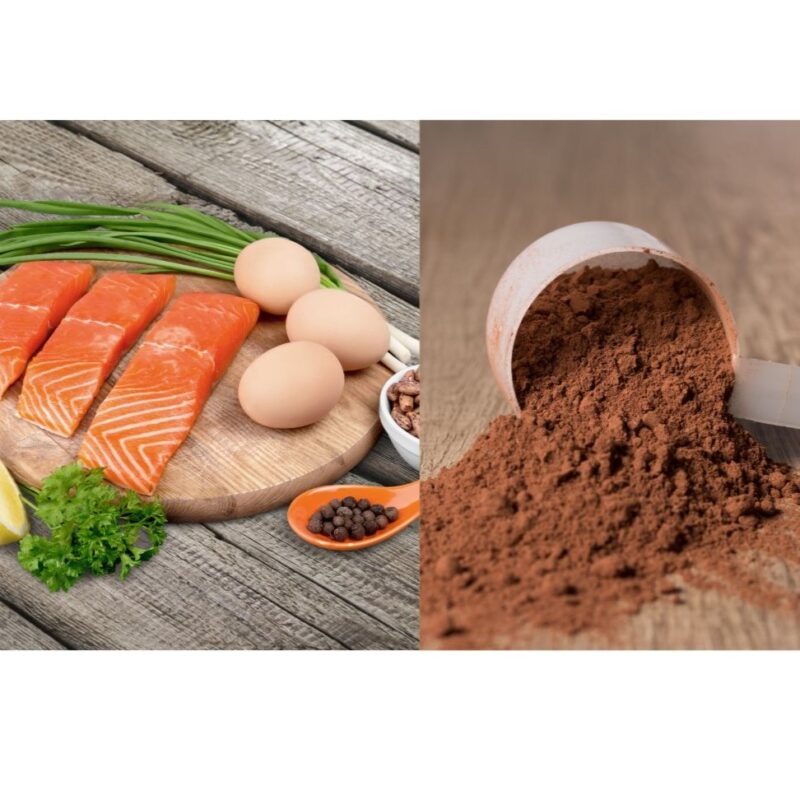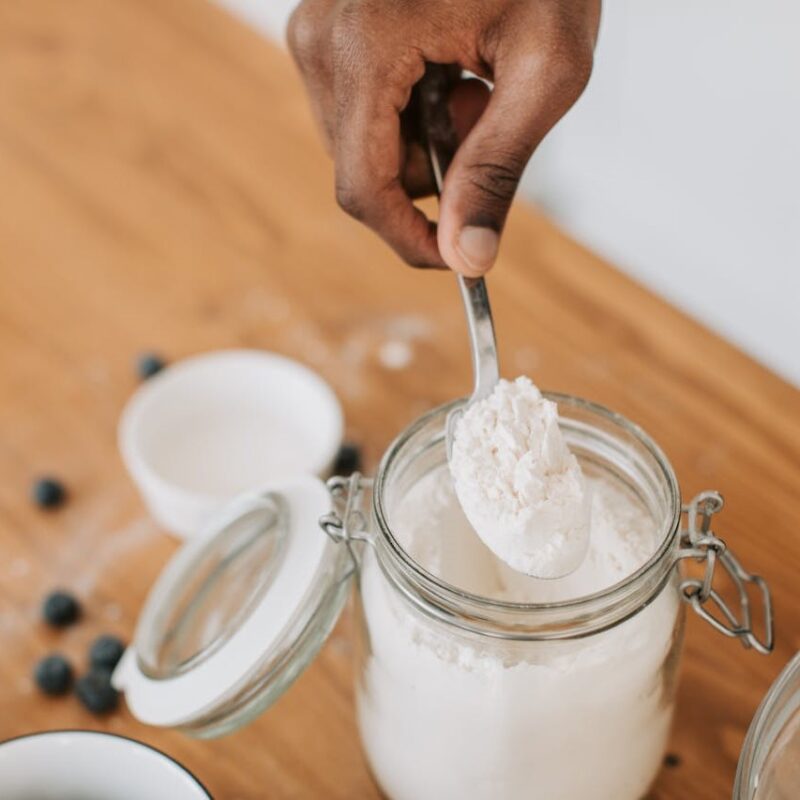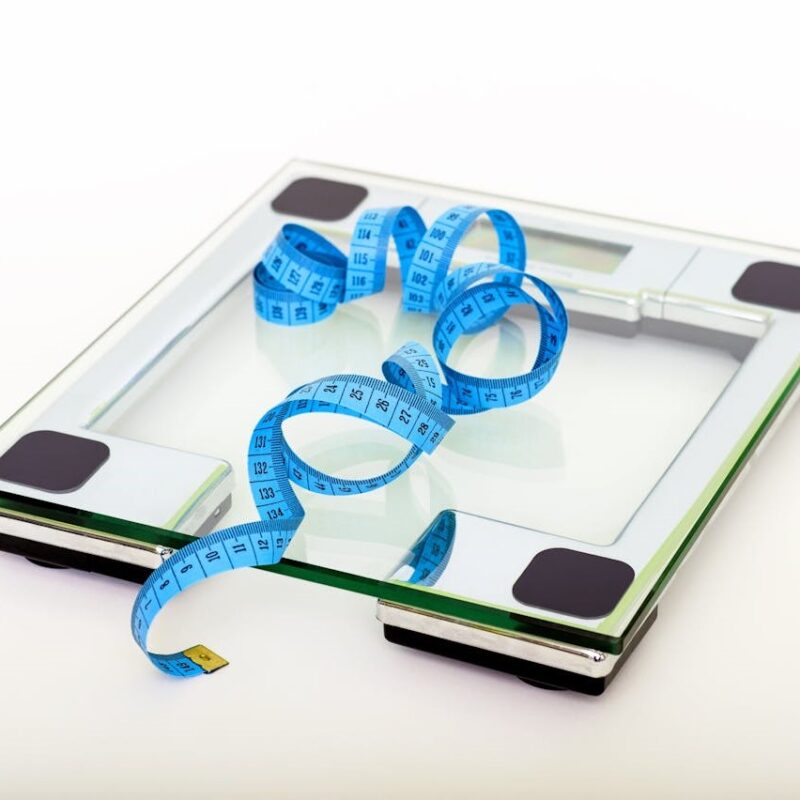What Are BCAAs: Do You Need Them? – The Ultimate Guide

BCAA’s. You’ve seen them everywhere from supplements to energy drinks. You’ve heard all about them, seen the manager at your local supplement store trying to upsell them to you. But what even are BCAAs?
And do they actually do anything?
Long story short….
Yes…and No.
Some people swear by them. Some people think they’re absolute garbage. But we believe that before you choose to buy anything, you should ALWAYS educate yourself about it first.
So, look no further, as in this article, we’re going to tell you all about what this supplement can and can’t do.
What are they?
If you didn’t already know, protein is made from amino acids. Of the 20 amino acids that exist, 9 of them are essential amino acids (EAAs), meaning that our body can’t make them on its own. You must consume them through your diet. The other 11 are non essential amino acids (NEAAs) and our body can make them on its own.
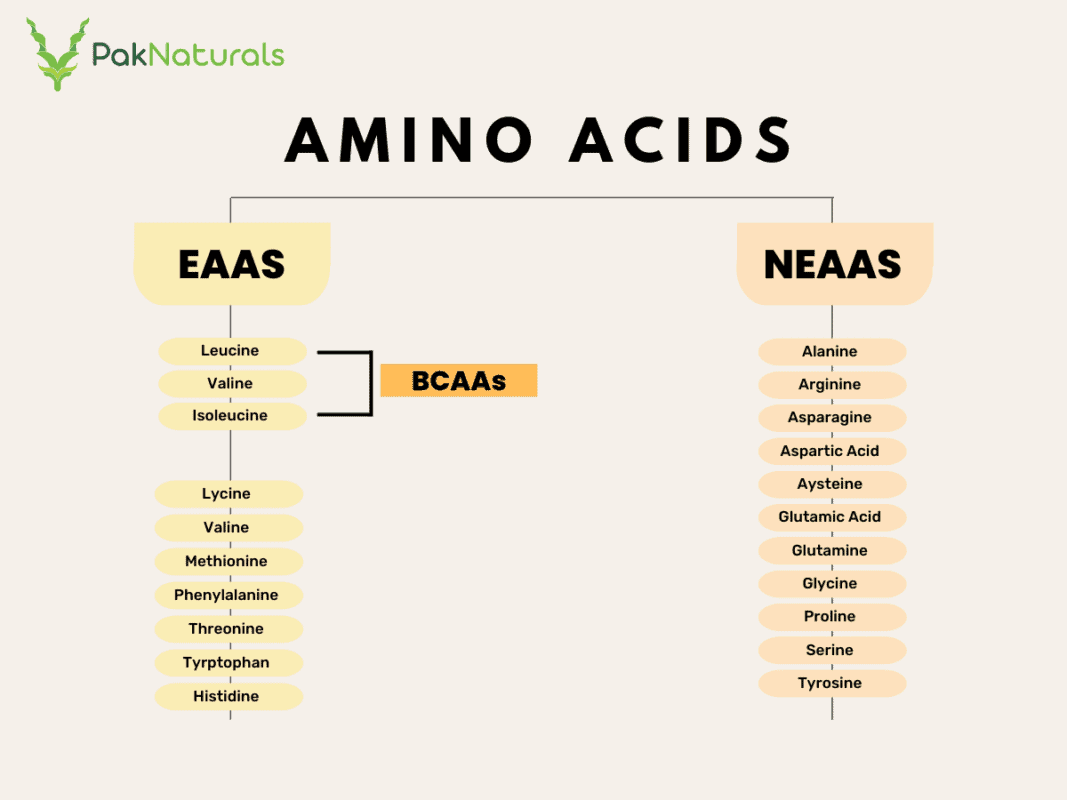
See those three amino acids that have been boxed? Those are what we call branched chain amino acids (BCAAs).
- Leucine
- Isoleucine
- Valine.
Before we get onto the role that BCAA’s play in muscle building, it is vital for you to understand how the muscle building process actually works.
How do they work?
Now, if you’re like most people, you probably know that protein is essential for muscle growth. But few people actually know why.
Think of your body as a building that has two processes going on at the same time:
Tearing down, and building up.
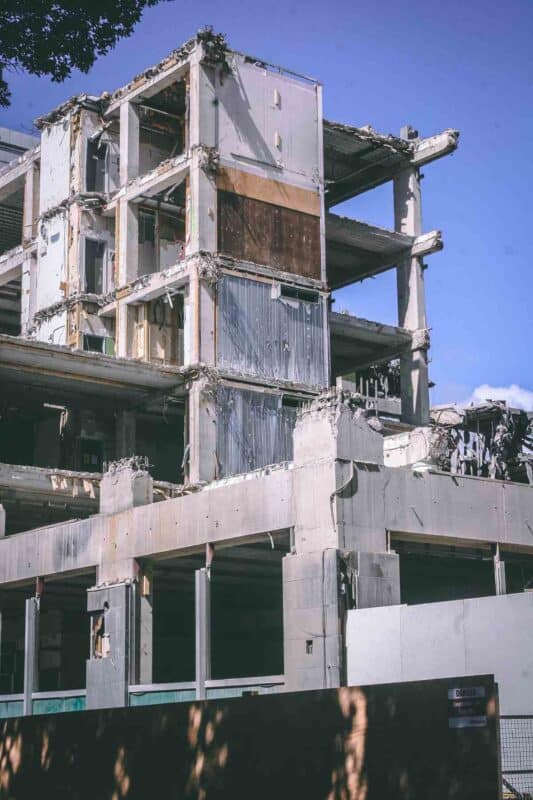
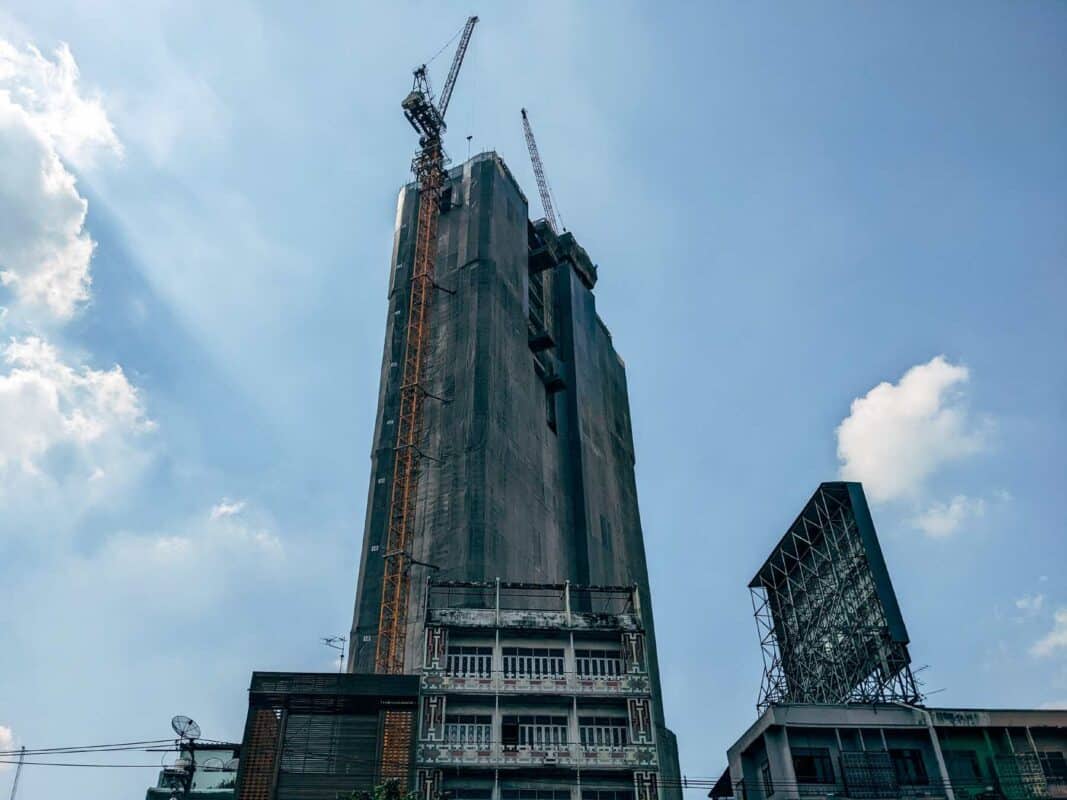
MPS and MPB
The tearing down takes place whenever you engage in any sort of resistance exercise like weight training, or cardio, etc. This causes your muscle fibers to break down in a process called Muscle Protein Breakdown (MPB)
But don’t be afraid. This is a a good thing, and gives way to a process called Muscle Protein Synthesis, i.e. the building up.
You see, when you consume protein after a workout, you’re nourishing your body with amino acids. These amino acids trigger MPS and signal your muscles to start repairing. Once the repair finishes, your muscles get back to normal AND…grow a little bit.
Do this over and over again, and that my friends, is how you build muscle.
The continuous breakdown and repair of muscle tissue.
Muscle Building
But how do BCAA’s play a role in this?
Simply put, the BCAAs help kickstart MPS, especially leucine. Think of leucine as the foreman who calls all the other amino acids to the construction site, i.e. your muscle fibers.

Now, while leucine and the other two BCAAs do help signal the start of MPS…
You do need all the other essential amino acids (EAAs) to keep the muscle building process going.
In other words, BCAAs help trigger MPS. EAAs continue MPS. This leads us to the next question:
How Do I Get Them?
The short answer: From any complete protein source. This gets you thinking:
“Well, what is a complete protein source?”
Any protein source that contains all 9 EAAs including the 3 BCAAs, is classified as a complete protein. This includes all animal proteins, e.g. chicken, beef, mutton, milk, eggs, dairy, etc.

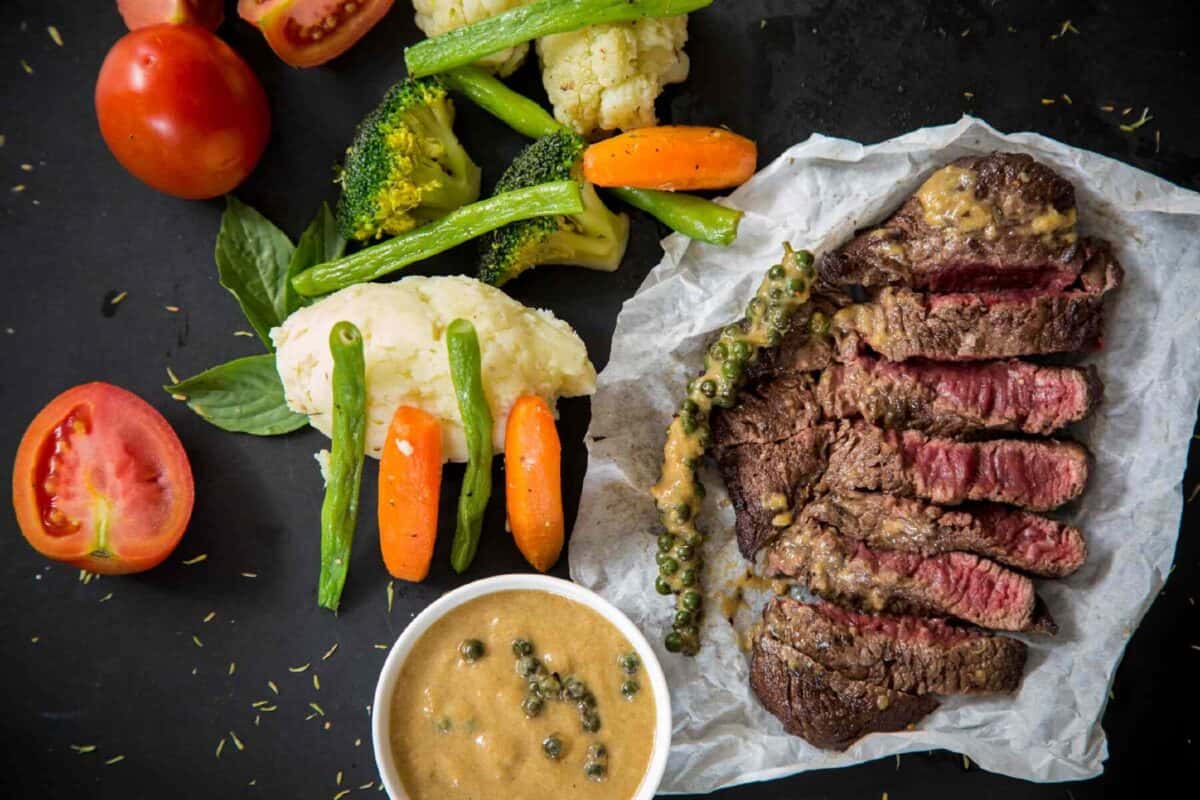
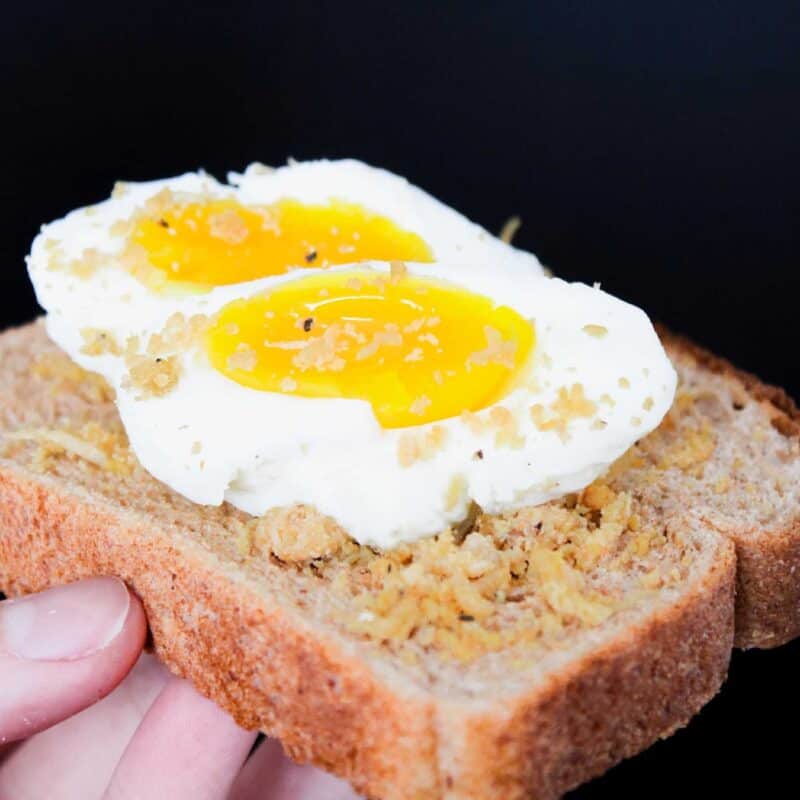
You could also get BCAAs from a plant based diet. But, know that most plant proteins are not complete, as they do not contain the same of BCAAs as animal protein.
But this varies from case to case and depends on what plant protein you’re eating.
For example, pea-protein is a complete protein as it contains high levels of BCAAs. But, something like quinoa or brown rice have lower levels of BCAAs, and therefore wouldn’t classify as a complete protein.
Should I get them?
Amino acids are the building bricks of muscle. And without enough bricks, not a lot of construction is going to take place.
That’s why if building muscle is your goal, your primary focus should be getting lots of high quality protein.
If you’re already eating plenty of animal products like meat, eggs, and dairy, you probably don’t need an additional BCAA supplement. By plenty we mean around 1.6 grams of protein per kilogram of bodyweight. For a 70kg person, that works out to at least 112 grams of protein a day.
If you’re eating enough of a high quality, complete protein, you probably DON’T need BCAAs
So, when should you take BCAAs?
Long story short, two cases:
You’re not getting enough protein in your diet.
- Less protein means that you’ll have fewer BCAAs to help stimulate MPS. Thus it could help to bridge this gap by adding some extra BCAAs into your diet.
But you could argue “Can’t I just supplement with whey protein instead? They contain BCAAs too, don’t they?”. And the truth is, this will probably be a lot better since whey protein provides you with a lot of other good nutrients too along with BCAAs!
So, if you have the option to choose between whey protein and BCAAs, definitely opt for the whey protein.
You’re consuming lower quality proteins.
- You’re consuming lower quality proteins. By this, we mean lower BCAA content and incomplete proteins, like some vegan diets for example. So, if you’re following a plant-based diet, be aware that these are generally lower in BCAA content and may not stimulate muscle growth the same way an animal protein would. In such a case, supplementing with BCAAs would be a great idea!
Summary
- Muscle growth comes as a result of the breakdown and repair of muscle tissue.
- The repair of muscle tissue (MPS) comes as a result of amino acids which you consume through diet.
- The amino acids responsible for triggering MPS are BCAAs.
- The amino acids that continue on MPS are EAAs.
- To build muscle you need both BCAAs and EAAs.
- Animal proteins are generally higher in BCAAs and help stimulate muscle growth better.
- Plant proteins are generally not BCAA rich and may not stimulate muscle growth in the same way.
Now that you know all these, it should be easier to decide whether you need BCAAs.
In short, it all depends on your individual goals and diet regimen. So, it’s up to you to decide.
Take home message (3 lines or less)
If you’re already consuming a high-enough protein diet, you don’t really need to supplement with BCAAs. However the current view is that BCAAs may help induce MPS if you’re not consuming enough protein.
So, do you need BCAAs?
Comment your answers down below!
P.S. here’s a great and affordable option of BCAAs in Pakistan.


